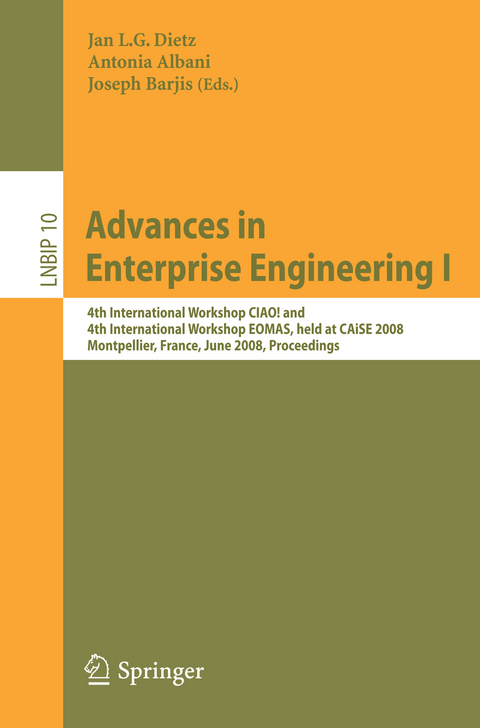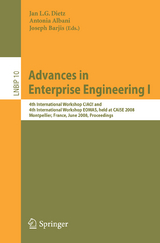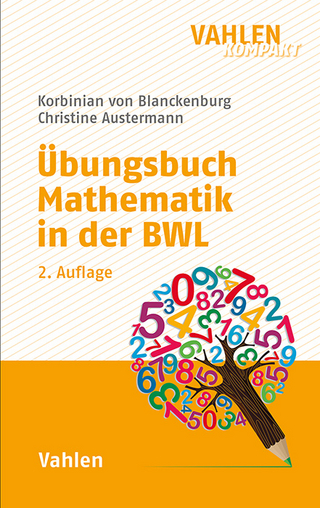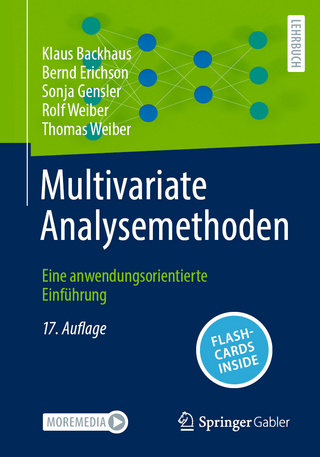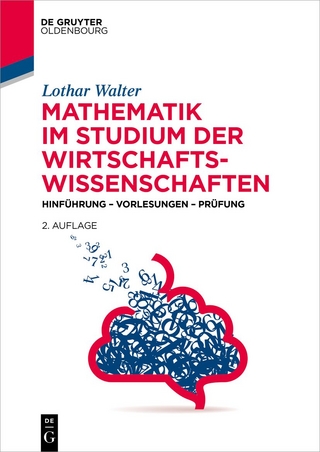Advances in Enterprise Engineering I
Springer Berlin (Verlag)
978-3-540-68643-9 (ISBN)
Process Modeling.- On the Nature of Business Rules.- Process Flexibility: A Survey of Contemporary Approaches.- Subsuming the BPM Life Cycle in an Ontological Framework of Designing.- Information Gathering for Semantic Service Discovery and Composition in Business Process Modeling.- Collaboration and Interoperability.- Challenges in Collaborative Modeling: A Literature Review.- A Petri-Net Based Formalisation of Interaction Protocols Applied to Business Process Integration.- Enterprise Architecture.- Competencies and Responsibilities of Enterprise Architects.- Interoperability Strategies for Business Agility.- Towards a Business-Oriented Specification for Services.- Model Transformation and Simulation.- Automated Model Transformations Using the C.C Language.- Improvement in the Translation Process from Natural Language to System Dynamics Models.- Developing a Simulation Model Using a SPEM-Based Process Model and Analytical Models.- Formal Modeling and Discrete-Time Analysis of BPEL Web Services.
| Erscheint lt. Verlag | 30.5.2008 |
|---|---|
| Reihe/Serie | Lecture Notes in Business Information Processing |
| Zusatzinfo | XIV, 195 p. |
| Verlagsort | Berlin |
| Sprache | englisch |
| Maße | 155 x 235 mm |
| Gewicht | 330 g |
| Themenwelt | Mathematik / Informatik ► Mathematik ► Finanz- / Wirtschaftsmathematik |
| Wirtschaft ► Allgemeines / Lexika | |
| Schlagworte | business process management • business rules • Enterprise Architecture • Hardcover, Softcover / Wirtschaft/Allgemeines, Lexika • HC/Wirtschaft/Allgemeines, Lexika • Modeling • model transformation • organization • Process Modeling • Service Composition • Service Interoperability • Simulation • Tools |
| ISBN-10 | 3-540-68643-6 / 3540686436 |
| ISBN-13 | 978-3-540-68643-9 / 9783540686439 |
| Zustand | Neuware |
| Haben Sie eine Frage zum Produkt? |
aus dem Bereich
